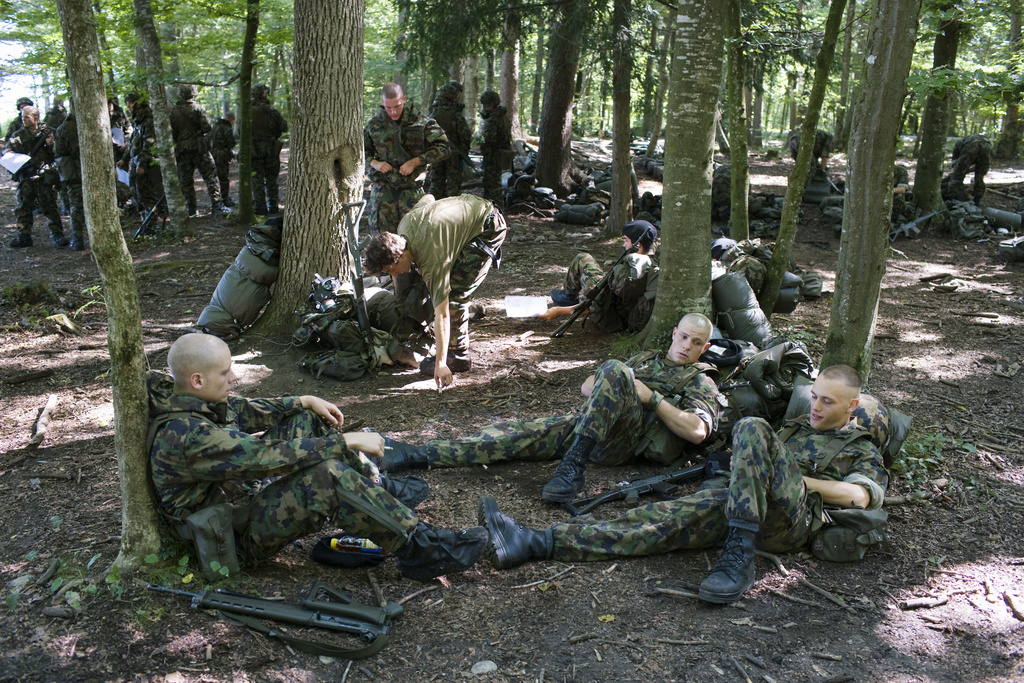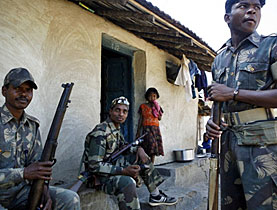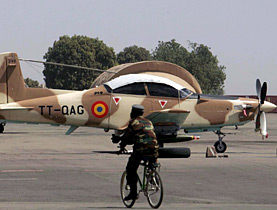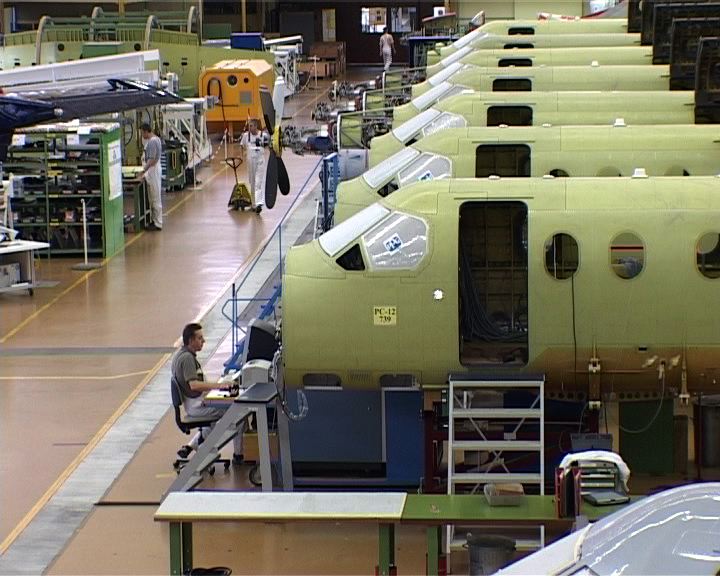Pilatus seals plane deals with India and Saudis

The Pilatus aircraft manufacturer has confirmed a deal to export 75 PC-7 military training aircraft to India worth $523 million (SFr500 million) - a major contract for the turboprop trainer in the Stans-based firm’s history.
The company also said on Thursday that it is in the final stages of a major contract with Saudi Arabia for 55 PC-21 propeller-driven trainers via a deal with the British defence contractor BAE Systems PLC. The deal was officially confirmed a day later (see freeform).
The India deal, which also includes an integrated ground-based training system and logistics support, matches the firm’s previous largest sale of 25 PC-21 planes sold to the United Arab Emirates in November 2009 for SFr500 million.
Deliveries should begin at the end of 2012 and the contract provides for a possible additional 30 PC-7s.
Pilatus, which had a record turnover of SFr781 million in 2011 – up 14 per cent on 2010 – and employs 1,441 people (1,302 at Stans), has so far sold 900 PC-7s to 30 air forces around the world.
The manufacturer beat off rivals like the American Beechcraft T-6C Texan II and the South Korean KT-1, which were also on the final shortlist after a two-year bidding process.
India is the world’s largest weapons importer and is currently spending billions of dollars on fighter jets and aircraft carriers to modernise its air force and navy, and gain international clout.
Defence specialists view the Pilatus plane deal as filling a massive capability gap in the training programme of the Indian Air Force, the fourth largest in the world with 170,000 personnel and 1,500 aircraft operating from over 60 bases. It purportedly requires some 200 trainer planes.
India was forced to look for new basic training aircraft after its fleet of Hindustan Aeronautics-built HPT-32 Deepak training planes were grounded from July 2009 onwards following 17 crashes.
Consensus
The Indian export licence was approved in early 2011 by a Swiss inter-ministerial export monitoring group, which included representatives of the State Secretariat for Economic Affairs (Seco) and the foreign and defence ministries.
As the PC-7 planes will be exported unarmed, unmodified and for training purposes, the Swiss authorities do not consider them war material and so they do not fall under the law governing the export of weapons.
“All decisions are difficult but in this case there was general consensus to back the deal,” Jürgen Böhler, head of Seco’s export controls division, told swissinfo.ch just after the approval last year.
“All exports are examined according to our criteria – Is there an embargo in place? Could there be possible misuse of the material? Is the order technically plausible according to its declared use?”
History of controversy
Pilatus has been no stranger to controversy in the past. Some of its products have historically been categorised as dual-use, which means that they can serve in both civilian and military capacities.
The pacifist group Switzerland without an Army argues that Pilatus trainer planes are also used in armed conflicts against armed rebellions as they are more solid than normal training planes and “practically designed to be armed”.
Since the 1970s, modified, armed Pilatus aircraft are said to have been used in Myanmar, Guatemala, Mexico, Chile, Bolivia, Nigeria, Iraq and Chad.
Armed violence in the disputed Kashmir region, as well as problems in India’s northeastern states of Assam and Manipur, and Andhra Pradesh in the southeast, were reasons to be concerned, according to the Swiss pacifist group.
And Switzerland could be viewed as contributing to a build-up of military material in the region, which discredits its position as peace promoter and human rights defender, it adds.
But experts serious doubt the new PC-7s will be deployed in security operations in these regions as the Indian Air Force has played a very limited role in such operations in the past and India has its work cut out training pilots to fly the new planes.
Pilatus on Friday confirmed a deal for 55 PC-21 trainer planes for the Saudi Arabian air force.
The contract is the biggest-ever contract for Pilatus according to CEO Oscar Schwenk.
However, he declined to give further details.
Saudi Arabia said on Wednesday it had signed a $3billion deal with Britain to buy air force training planes. This included 22 Hawk advanced jet trainers made by Britain’s BAE Systems PLC.
Saudi Arabia will also receive simulators, ground equipment, training materials and spare parts as part of the package.
On Thursday the Green Party and the pacifist group Switzerland without an Army urged the Swiss government to block the new Saudi deal pointing to the Gulf state’s human rights record and recent army interventions against demonstrators in Bahrain and Yemen.
But the State Secretariat for Economic Affairs (Seco) said the export licence was approved in April 2012 as the authorities do not consider the PC-21 as war material.
In March 2009 the Swiss government temporarily suspended arms exports to Pakistan, Egypt and Saudi Arabia over human rights issues.
In February 2012 the State Secretariat for Economic Affairs (Seco) declared it had “exercised restraint” in 2011 for exports of war materiel to countries in North Africa and the Middle East, notably Saudi Arabia, Pakistan and Egypt.

In compliance with the JTI standards
More: SWI swissinfo.ch certified by the Journalism Trust Initiative





You can find an overview of ongoing debates with our journalists here. Please join us!
If you want to start a conversation about a topic raised in this article or want to report factual errors, email us at english@swissinfo.ch.